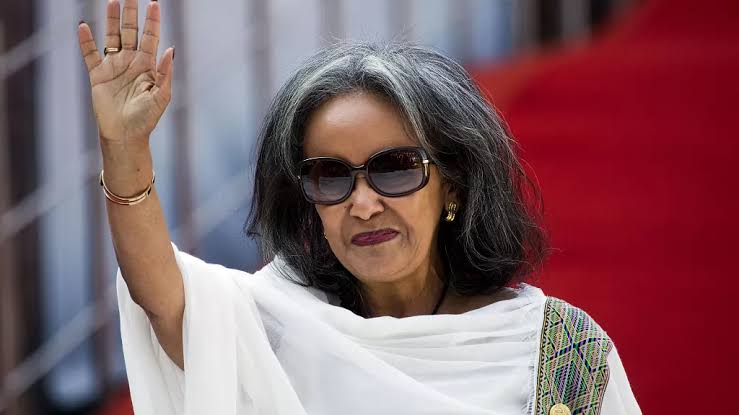
Faith Nyasuguta
In a groundbreaking move, Nigeria has announced that it will start selling its crude oil in its local currency, the Naira, instead of the US dollar. This decision marks a mega shift in the global oil market and is expected to have far-reaching implications for the Nigerian economy and beyond. The announcement comes ahead of the upcoming BRICS meeting, where economic strategies and alliances are set to be discussed.
Nigeria, Africa’s largest oil producer, has long relied on the US dollar for its oil transactions. However, the government has decided to pivot towards using the Naira in a bid to stabilize the economy and reduce dependency on foreign currencies.
This strategic initiative is seen as a bold step towards fostering economic growth, stability, and self-sufficiency. The move is expected to enhance Nigeria’s economic resilience, especially as the country navigates the complexities of global markets.
This decision is not without precedent. Several other nations have also taken steps to reduce their reliance on the US dollar in recent years. For instance, Russia and China have been at the forefront of this movement.

Following the imposition of Western sanctions, Russia has increasingly conducted its trade in rubles and yuan. China, on the other hand, has been promoting the use of the yuan in international trade as part of its broader strategy to internationalize its currency. Similarly, Iran has been selling its oil in euros and other currencies to circumvent US sanctions.
The trend of ditching the US dollar gained momentum after the Russia-Ukraine conflict in 2022, which led to a reevaluation of global economic dependencies. Countries like India have also explored using local currencies for trade with certain partners. This change is seen as a way to mitigate the risks associated with dollar-denominated transactions and to assert greater economic sovereignty.
Nigeria’s decision to sell crude oil in Naira is expected to have several benefits. Firstly, it will reduce the pressure on the country’s foreign exchange reserves, which have been under strain due to fluctuating oil prices and economic instability. By conducting transactions in Naira, Nigeria can better manage its currency and reduce the impact of external economic shocks. Additionally, this move is likely to boost the demand for Naira, thereby strengthening the currency and improving its value in the international market.
The timing of this announcement is also significant. With the BRICS meeting on the horizon, Nigeria’s decision to sell oil in Naira could influence discussions on economic cooperation and currency strategies among the BRICS nations. The BRICS group, comprising Brazil, Russia, India, China,South Africa, among others, has been exploring ways to reduce dependency on the US dollar and promote the use of local currencies in trade. Nigeria’s move aligns with these objectives and could pave the way for greater economic collaboration within the BRICS framework.

As the global economy continues to evolve, Nigeria’s initiative could serve as a model for other countries seeking to strengthen their economic independence and resilience.
RELATED:








